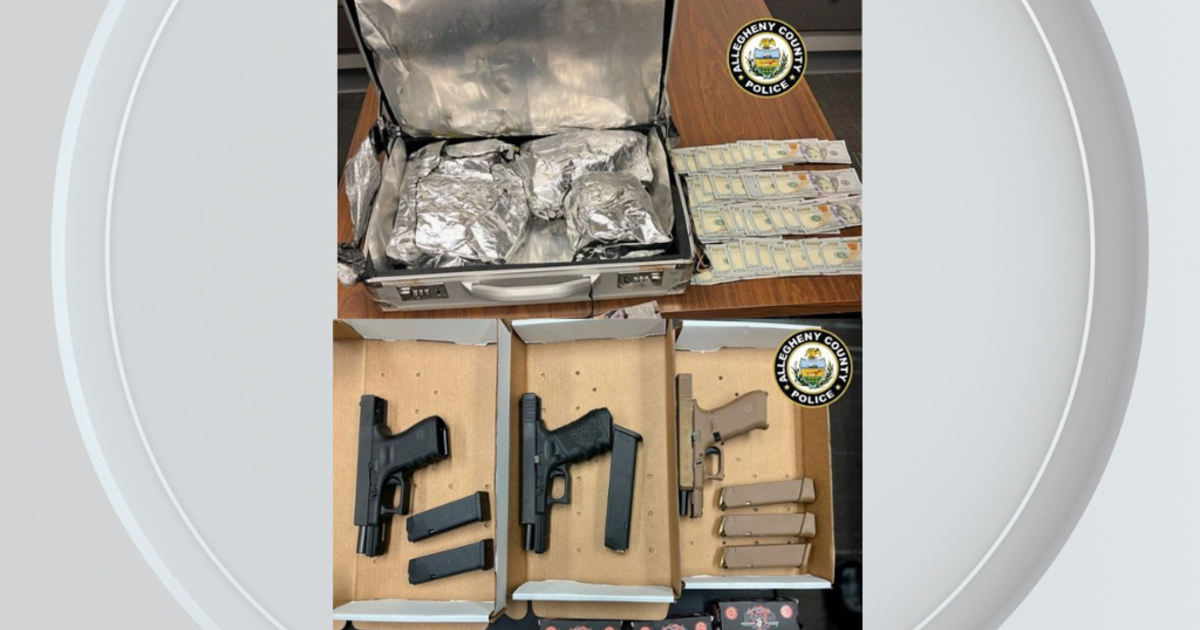State court rules in favor of public disclosure of autopsy records in Pittsburgh case
Autopsy records should be open to the public, a Pennsylvania court ruled in response to the county's denial of a journalist's requests for records pertaining to an inmate's death.
The case marks a further easing of the public's access to death records, though it conflicts with the state coroners association long-held efforts to keep such information private.
In a 6-1 ruling this week, Commonwealth Court ruled that the public should have access to autopsy records regardless of whether coroners are required to provide that paperwork to the county each year.
The ruling stemmed from a request for an autopsy and toxicology report for Daniel A. Pastorek, who died in custody of the Allegheny County Jail. Brittany Hailer, of the Pittsburgh Institute for Nonprofit Journalism, was looking into whether jail conditions contributed to Pastorek's death. The county's medical examiner office provided the cause and manner of death but would not release the inmate's autopsy findings.
By law, coroners in most Pennsylvania counties must turn over official records and papers each year to their local prothonotary's office by the end of January for public inspection at no cost. The Pennsylvania Supreme Court also previously ruled that, for a fee of up to $500, records can be provided at any time prior to the year's end.
But some counties, such as Allegheny and Philadelphia, are not required to turn over their records to the prothonotary's office because of a state classification determined by population size.
Lawyers for Allegheny County argued that because the county is exempt from having to make public records public by year's end, it also shouldn't have to comply with Hailer's request. They also argued that the law suggested that coroners could deny requests from anyone except for nongovernmental agencies investigating an insurance claim or determining liability for the death of a decedent.
In her ruling, Judge Ellen Ceisler called it "absurd" that "a requester could receive autopsy records located anywhere in the Commonwealth, unless those records are located in the County or Philadelphia County." She also dismissed the reasoning that the law would limit who could receive the records.
Lawyers for Hailer argued that access to the records is a public service to hold institutions accountable.
The facts of the case were particularly disturbing because there was no one else to ask about the circumstances surrounding Pastorek's death, said Hailer's attorney, Paula Knudsen Burke.
"It highlights the importance of investigative journalism in particular," she said.
The Pennsylvania State Coroners Association has long fought public access to autopsy records. In a brief to the court asking to uphold a lower court's ruling that the county did not have to comply, it described the reports as an "invasion of the right to privacy without any compelling public interest in knowing these details of the deceased's life and its impact upon the living family."
In the lone dissent, Judge Michael Wojcik said there was no provision that required the coroner's office "to disclose autopsy and toxicology records to the general public at any time."
Autopsy records and the right to privacy after death were thrust into the national spotlight after the death of NASCAR driver Dale Earnhardt during the 2001 Daytona 500. There were questions about whether his safety equipment had been inadequate, and news organizations sought his autopsy photos.
Earnhardt's widow fought the release, and the Florida Legislature subsequently passed a law that precluded public inspection of autopsy photos.
In Pennsylvania, expanded access has seen attempted pushback through the Legislature. A 2011 decision by the Pennsylvania Supreme Court to compel a Lehigh County coroner to release an autopsy report for an officer who was accidentally shot inside Easton police headquarters in 2005 prompted renewed attempts to change the law in Pennsylvania, even after the governor vetoed a measure the previous year.
___
Brooke Schultz is a corps member for the Associated Press/Report for America Statehouse News Initiative. Report for America is a nonprofit national service program that places journalists in local newsrooms to report on undercovered issues.



